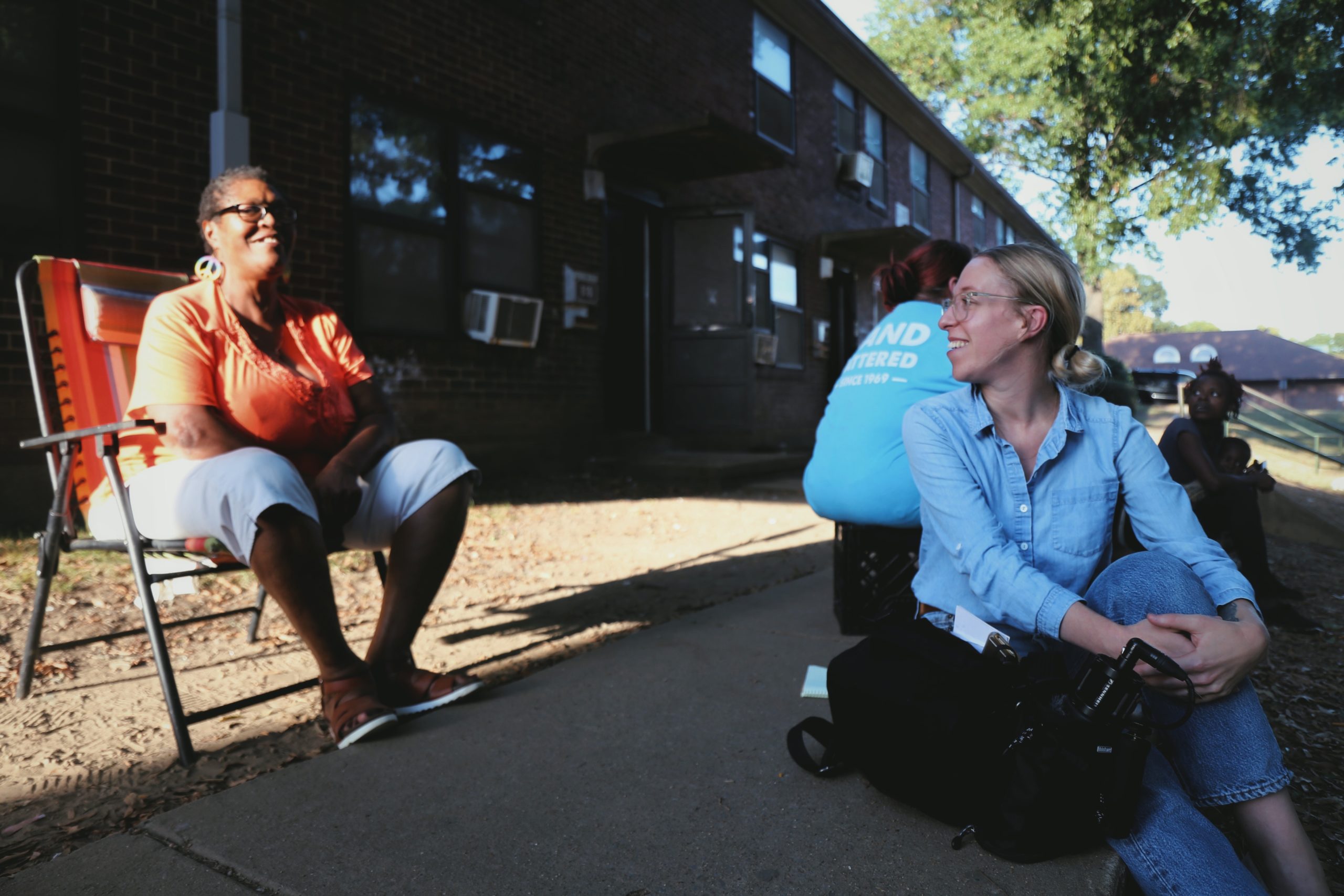Cities across the country are grappling with an uncomfortable truth: Where we educate our children is becoming more and more divided by race and economics.
In this season of The Promise, we examine school re-segregation by zooming into one neighborhood in Nashville where that divide is indisputably apparent.
We start by peeling back the layers of history to understand the uniquely Southern dynamics that have shaped Nashville’s schools. But we also show how this story could be told from almost anywhere in America because of the choices that school districts and parents — mostly white parents — are making now.
Whether you’re a parent, an educator or a resident, we hope this season makes you think differently about the role you play in a system that has failed to provide many children with a quality education.
How we reported this story
This story was reported over nearly two years. Meribah Knight immersed herself in the neighborhood and in Warner Elementary, the school featured in this season. She gathered more than 300 hours of tape, conducted more than 60 interviews, filed numerous public records requests, and traveled to the National Archives in Morrow, Ga., to sift through thousands of pages of court documents from Nashville’s 43-year court battle over school desegregation.
Meribah also spoke with dozens of parents, education policy experts, historians, legal scholars and those on the front lines of Nashville’s fight over school integration — past and present. When speaking with children, she always contacted parents, had release forms signed, and made sure staff and families inside school buildings knew exactly what she was doing and why she was there. In total, Meribah spent a full year reporting inside Warner Elementary and alongside its staff, from May of 2019 until May 2020, as the school grappled with Covid-19.
Each episode in this season went through multiple rounds of edits with eight editors. Six were employed by Nashville Public Radio. We hired an outside consultant, Savala Nolan Trepczynski, who is the executive director of the Thelton E. Henderson Center for Social Justice at the UC Berkeley School of Law and whose work and writing focus on how we experience and communicate about race. The episodes were also fact-checked by an independent contractor.


